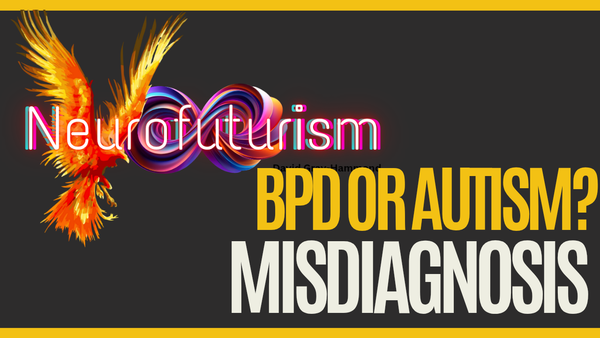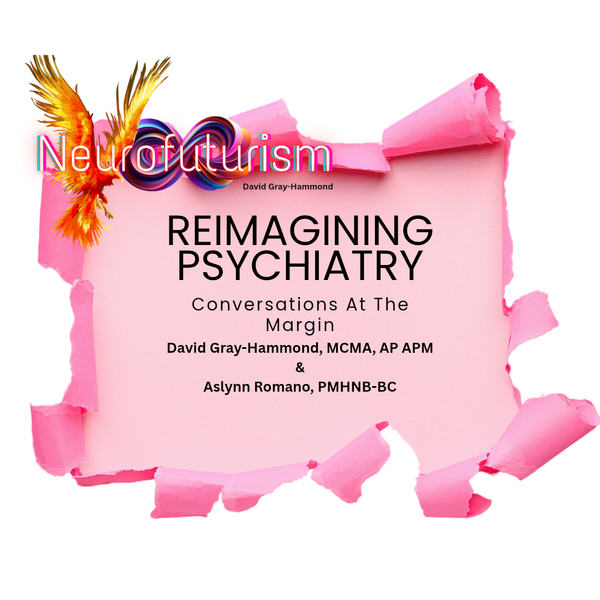Teaching your child Autistic pride while CAMHS fail them
"It's okay for us to admit that being Autistic is a core part of who we are. The problem is that when we are faced by services like CAMHS, we can feel reduced to our struggles, rather than the things that make us like ourselves..."

Today (June 18th) is Autistic pride day. It is a day of protest against a world that wants us to be ashamed of who we are. We live in a world that tells us not to be defined by who we are. A world that feels defined by people like CAMHS professionals. To that world, I say this:
"When I wake up, I do so Autistically. When I hold my son, I do so Autistically. When I breathe my last breath, I will do so Autistically. Autism is not a separate entity that inhabits me. I do not carry my autism as one might carry a brief case. My autism is the words I write, the thoughts I think. Autism is the way I feel. Autism is the way I love."
For the full article click here
It's okay for us to admit that being Autistic is a core part of who we are. The problem is that when we are faced by services like CAMHS, we can feel reduced to our struggles, rather than the things that make us like ourselves. When services like CAMHS describe us as a list of medical issues and disorders, it can be very difficult not to feel ashamed of yourself. For our children, repeated exposure to these attitudes can cause them to internalise the idea that they need to be someone other than who they are. It can make them believe they are not good enough.
3 ways to make Autistic Pride Day a time of celebration for your child
In order to feel that Autistic Pride Day is meaningful for us, we have to use the rest of the year to learn what it is about us that makes us proud.
1. Let your child define their own experience
Very often, Autistic people are taught that the value and definition of their existence comes from the people around them. A lot of time is dedicated to redefining Autistic children as "challenging" and in need to correction. Allow your child to make their own meaning, and understand that they are allowed to be different.
2. Teach your child to self-advocate
This ranges from being able to say no to things through to involving them in community action for their own rights. Even if your child can't attend a protest, maybe there are other ways for them to express their feelings on the things that matter to them. Autonomy will go a long way.
3. Let your child learn about autism from other Autistic people
Autistic children are often exposed to information on autism from people who can not give it the right context. Peer mentoring and interaction with other Autistic people can do a great deal of good for your child's pride in who they are.
Autistic Pride when we're not being supported



